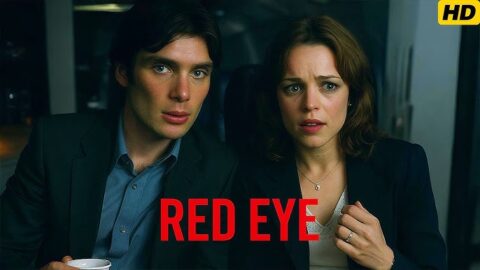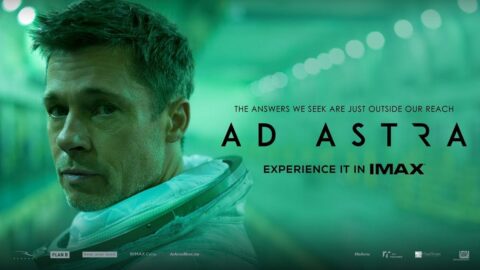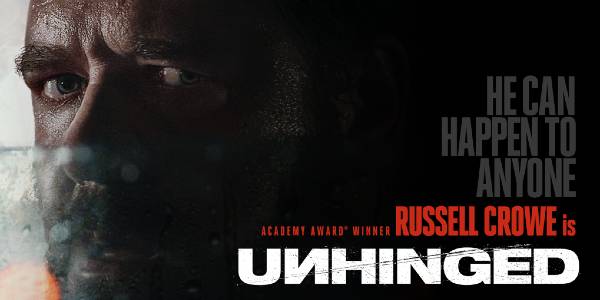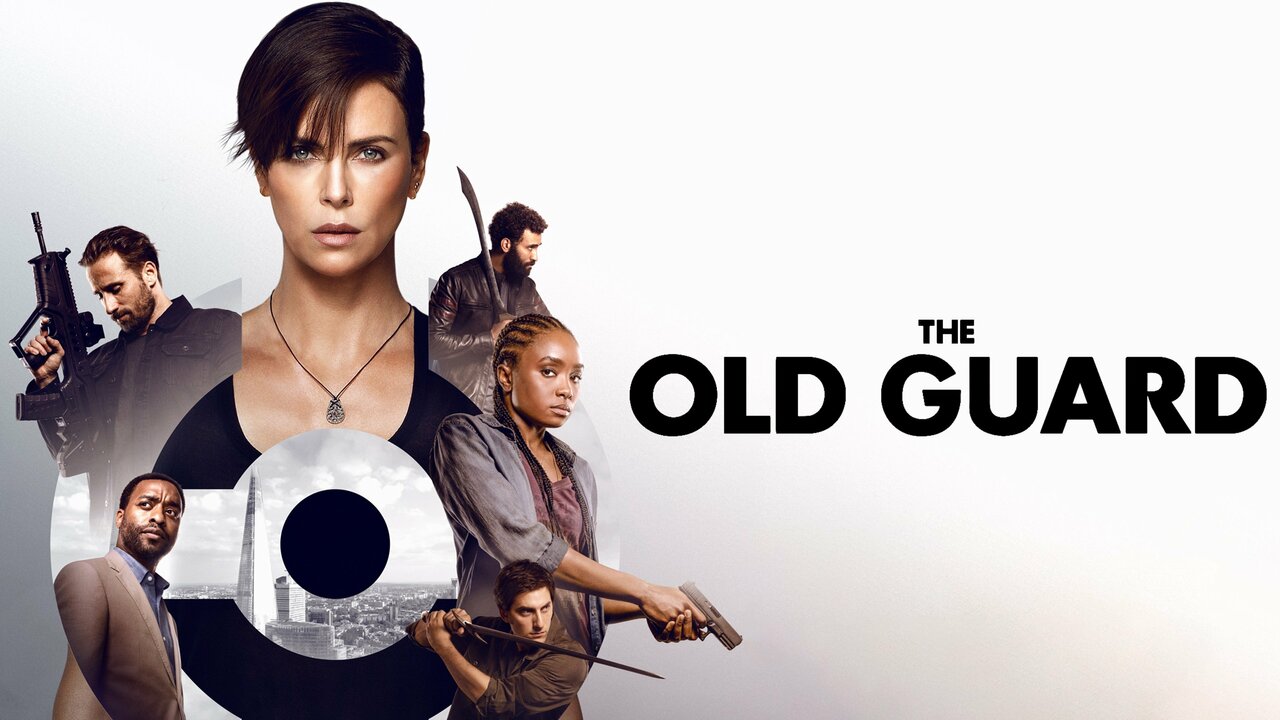FULL MOVIE:
City of Angels (1998) – A Lyrical Meditation on Love, Loss, and the Limits of the Divine
Directed by Brad Silberling, City of Angels (1998) is a spiritual romance that glides between the ethereal and the earthly, weaving a poignant tale of an angel who chooses humanity for love. Loosely inspired by Wim Wenders’ Wings of Desire (1987), this American adaptation trades Berlin’s bleak poetry for the golden haze of Los Angeles, delivering a visually luminous and emotionally tender narrative anchored by two compelling performances from Nicolas Cage and Meg Ryan.
Cage stars as Seth, an angel whose eternal role is to comfort humans as they pass from life to death. Along with other celestial beings—silent observers in trench coats—he watches over the city from rooftops and hospital corridors, unseen yet profoundly moved by the mortal experience. When he encounters Maggie Rice (Ryan), a skilled and skeptical heart surgeon devastated by a patient’s death, Seth becomes captivated by her spirit, her vulnerability, and her sorrow. What begins as divine curiosity slowly turns into something more deeply felt—desire, empathy, love.
Meg Ryan delivers one of her most soulful performances as Maggie. Known for her roles in rom-coms, here she imbues the character with quiet depth and melancholy. As Maggie wrestles with her own emotional barriers, she becomes increasingly drawn to Seth—sensing his presence even if she doesn’t understand it. Their interactions, tender and charged, unfold like whispered poetry. When Seth reveals himself and contemplates the unimaginable—to fall from grace and become human for her—the film elevates into a meditation on sacrifice, mortality, and what it means to truly feel.
Visually, City of Angels is striking. Cinematographer John Seale bathes the film in golden light and soft focus, creating a dreamlike aesthetic that reflects both the transcendence and fragility of the story. The use of slow-motion, silences, and panoramic cityscapes reinforces the contrast between angelic detachment and the raw immediacy of human emotion.
Gabriel Yared’s score—anchored by the haunting “Iris” by the Goo Goo Dolls—infuses the film with yearning. It mirrors the film’s emotional crescendo, as Seth experiences taste, pain, touch, and, most of all, heartbreak. His fall from heaven is not triumphant but vulnerable, steeped in awe and confusion. It’s this vulnerability that makes the film resonate: the price of love is everything, but the moments it grants are worth it.
Though some critics saw City of Angels as overly sentimental, its sincerity is its strength. It’s not a film concerned with plot complexity but with emotional truth. It dares to ask timeless questions: Would you give up eternity for a moment of love? Can the soul endure the body’s limitations? Is a life with pain more meaningful than an eternity without it?
In the end, City of Angels is not just a love story—it’s an elegy for the beauty of being human. Bittersweet and luminous, it reminds us that the fragility of life is what gives it meaning. Even angels, it suggests, can envy the power of a single touch, a whispered laugh, a fleeting moment under the sun.









